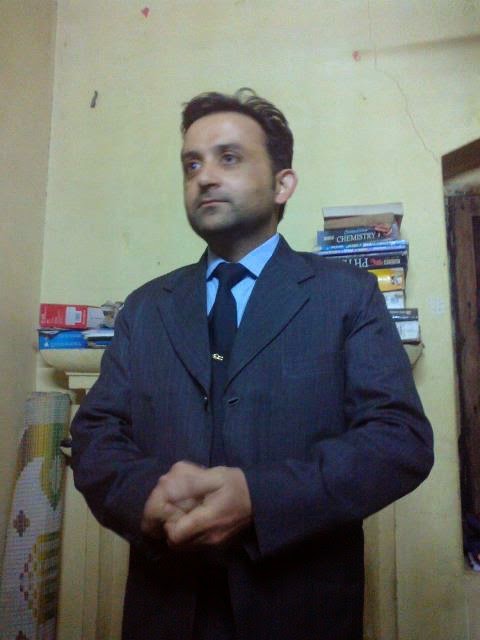Knowing
the Learners
Learning process revolves around a number of
factors. Each one of them has it influence on learning in one or the other way.
But among them learner has its place at the center. Success of learning is
measured in terms of all round development of learners. So curriculum and teaching
should be learner centered. So a facilitator or teacher should begin from
learner and the outcomes of his efforts should end at his learners’ benefits. Glass
(2011) states that a simple survey can be conducted from different local authors,
scholars and educators to know the background of the learners. It is very important
to transform the learning process from passive to active. Active learning
depends on interests, motivation, learners’ autonomy and anxiety. In brief,
knowledge of the learner and usage of methodologies and techniques accordingly
can bring the desired result of learning outcomes
Now I would like to mention the characteristics of
my learners in Ghana. My learners are of young age and completed their high
school. They are expecting to get enrolled in Community Health Nursing course
for which I will play the role of a facilitator. So my first priority was to collect
information about them. My findings are as follows:
·
They are young who completed their high
school.
·
Most of them are females.
·
Level of education is low.
·
They have the knowledge of local health
problems.
·
This knowledge will help them to
understand the concept of C.H.N.
·
It will also be useful to them during
practice or training.
·
They are taking the course for welfare
of people, better employment opportunity and to improve their standard of
living.
·
The major barriers are lack of funds,
poor infrastructure, poverty, lack of means of transport and communication.
·
Barriers
can be overcome by blended learning methods.
·
They will be provided some block courses
and for them internship can be arranged by private partnership.
·
Theoretical part of the course can be
given as hard copies as there is no facility of internet in the rural areas.
References:-
·
David Star, Glass
(2011).Beginning course Surveys: Bridges for knowing and bridges for being. International Review of Research in Open and
Distance Learning,12(5).Retrieved from: http://www.irrodl.org/index.php/irrodl/article/view/1000/1883
·
Muhammad, A.,Mahmood.&Maria,T.(2011)
Saira Javed Strategies for active learning: An alternative to passive learning.
Academic Research International,1(3),195-200.Retrieved
from : http://www.savap.org.pk/journals/ARInt./Vol.1(3)/2011(1.3-20).pdf
